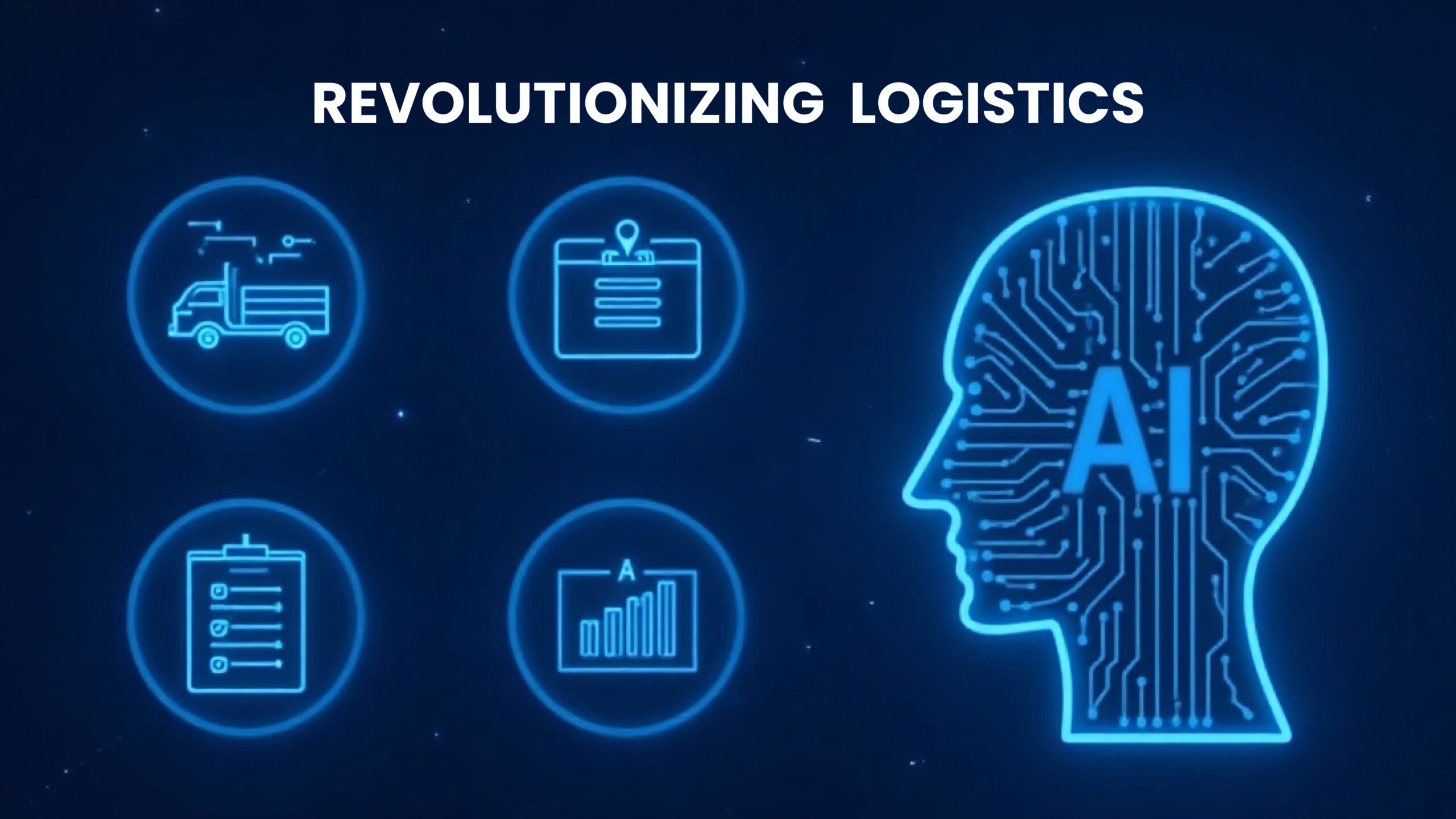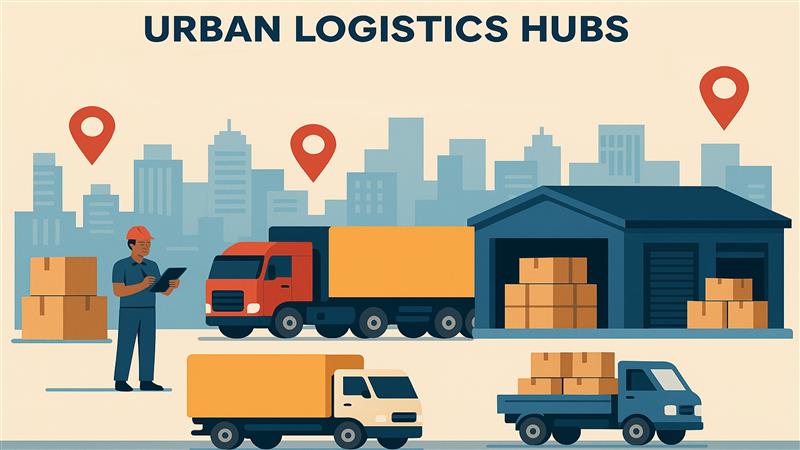India has established itself as a leader in the Global Capability Centers (GCCs) space, generating $64.6 billion in revenue in FY 2024. The nation’s new GCC policy aims to strengthen the position by promoting innovation, cost efficiency, and regional expansion. Notably, the policy extends beyond Tier-1 cities, fostering GCC growth in Tier-2 and Tier-3 cities, making India an attractive destination for international investors.
The New GCC Policy: A Game Changer
The Ministry of Electronics and Information Technology (MeitY) is formulating a policy to attract more GCCs, particularly in smaller cities. This move is set to reshape India’s global economic standing by fostering innovation, economic expansion, and cost efficiency. The focus on Tier-2 and Tier-3 cities paves the way for a more decentralized, robust business ecosystem.
Fostering Innovation
The new GCC policy prioritizes cutting-edge technology, encouraging advancements in AI, ML, IoT, and blockchain. It promotes R&D initiatives and collaborations with universities and research institutions, expanding innovation hubs beyond Bengaluru and Hyderabad. Emerging cities like Ahmedabad, Mysuru, and Coimbatore are gaining recognition as new technology centers.
For instance, Walmart’s tech hub in Gurgaon exemplifies the benefits of GCC expansion beyond Tier-1 cities. By leveraging cost advantages, a skilled workforce, and government incentives, Walmart has enhanced operational efficiency and driven innovation in retail technology.
Similarly, Ericsson’s 5G centre in Chennai highlights India’s growing global technology capabilities. The city’s early adoption of 5G fosters telecom innovations, reinforcing India’s position as a digital leader.
Enhancing Cost Efficiency
With escalating costs in Tier-1 cities, companies are turning to Tier-2 and Tier-3 cities like Vadodara, Nashik, Jaipur, Indore, and Visakhapatnam, which offer up to 30% savings in real estate, utilities, and labor costs while maintaining international business standards. This cost advantage enables companies to offer competitive salaries while reducing overall expenditure. Over 140 GCCs have already established operations in emerging cities such as Mysuru, Vadodara, and Coimbatore.

Encouraging Balanced Growth
The policy promotes economic diversification by expanding GCC investments into Tier-2 and Tier-3 cities. Cities like Bhubaneswar, Tirunelveli, Raipur, and Jamshedpur are developing into potential GCC hubs with robust infrastructure and employment opportunities. According to a Economic Times report, the share of GCCs in smaller cities has risen from 5% in FY 2019 to 7% in FY 2024, signalling a clear shift toward decentralization.
Strategic Synergy with Government Initiatives
Government initiatives like Skill India and Digital India are boosting the availability of skilled professionals in smaller cities. This ensures that businesses can acquire necessary talent while supporting local workforce development.
Key Business Benefits:
- Access to untapped talent: Tier-2 and Tier-3 cities are home to skilled graduates from universities in Mysuru, Jaipur, and Bhubaneswar, specializing in IT, analytics, cloud computing, and software development.
- Lower attrition rates: Unlike Tier-1 cities where professionals frequently switch jobs, these regions offer a more stable workforce.
- Reduced competition: Companies setting up in less saturated markets enjoy stronger market presence and better employee retention.
State-Specific Incentives
India’s state governments are actively attracting GCCs with financial incentives, infrastructure support, and skill development programs:
- Karnataka: Tax waivers, infrastructure subsidies, and fast-track approvals under the GCC Policy 2024-2029, aiming to attract 500 new GCCs and generate $50 billion in economic output.
- Maharashtra: Land acquisition ease, power subsidies, and financial incentives for cities like Pune, Nagpur, and Nashik.
- Telangana: Tax exemptions and workforce development programs in Hyderabad.
- Tamil Nadu: Capital grants for industrial corridors in Chennai, Coimbatore, and Madurai.
Strengthening Digital Infrastructure
India’s digital transformation initiatives, including 5G rollout and smart city projects, are improving technological readiness in smaller cities. Locations like Lucknow, Jamshedpur, and Raipur are emerging as digital service hubs.
Outlook for the Future
India’s GCC sector is projected to reach $100 billion by 2030, with Tier-2 and Tier-3 cities playing a key role in this growth. Leading firms like Cognizant and Capgemini are actively expanding their workforce in these regions to support global operations.
By 2026, GCCs are expected to employ 2.2 million professionals, further integrating sectors like healthcare, fintech, and R&D. State-level upskilling initiatives will drive enhanced business conditions, supporting India’s goal of becoming a $5 trillion economy.
How Astravise Services Can Help
At Astravise Services, we help businesses establish and optimize GCC operations across India. Our expertise includes:
- Navigating labor laws and compliance.
- Competitive compensation strategy design.
- Optimizing operational efficiency.
- Recruiting top talent.
Take the First Step Today
Partner with Astravise Services to build a future-ready GCC. Contact us now to explore how we can help you successfully expand into India’s growing GCC landscape.










